By Tom Donelson
There are times in which good men find themselves in the wrong place at the wrong time. Max Schmeling, Joe Frazier and Gerry Cooney were three good men who found themselves playing boxing villains.
In 1936, Max Schmeling upset Joe Louis with a 12 round knock out and momentarily derailed the Louis express. In the two years between their classic rematch, the horror of Nazis Germany became more obvious. So when Max Schmeling fought Louis for the heavyweight championship, this fight became Germany vs. America- good vs. evil. Schmeling became a symbol of Germany “Master race” and certainly the Germans were perfectly willing to allow Max to assume the mantle of the German Super man. The Nazis looked at this fight as the national referendum of Germany’s superiority
For Schmeling, the pressure was intense. Schmeling, like other Germans, was proud of the German progress in the 1930’s as Germany began to rebuild its military and its pride. While many felt that Schmeling was a willing pawn in Hitler’s schemes, Schmeling himself was not a Nazi or anti-Semite. His own manager was Jewish and he refused to fire his manager despite pressure from the Nazi hierarchy. On one occasion, he even aided a Jewish family to escape Germany in the late 30’s. Before the fight, the Gestapo detained Schmeling’s parents and family. The message was clear, “defect and your family will be imprisoned.”
For Joe Louis, he was not just fighting for his country but to avenge his only loss, and show once and for all he was the best. And in a 2-minute period, he not only avenged his loss two years previously but he settled once and for all who was the true champion.
As for Max Schmeling, he essentially became a non-person in Nazis Germany but he still served in the German arm forces with honor. After the war, Schmeling regained his stature as a fighter and the second bout with Joe Louis was no longer an albatross around his neck. He prospered as a successful businessman. He also became friends with his conqueror and both men learned to respect one another; and after the war, the animosity that existed between the men in the ring disappeared as quickly as the animosity between the new Germany and America. Two warriors became the symbol of struggle of the coming war and later, they would become symbols of a new friendship
In 1982, Gerry Cooney fought Larry Holmes and as both men prepared for this fight, racial tension was just beneath the surface. Gerry Cooney had not fought for 13 months but at the age of 25, he appeared to be a killing machine with a wicked left hook that shattered everything in its path. As for Holmes, he never was truly accepted as a great fighter as Ali overshadowed Holmes even in retirement. To make matters even worse, he found himself the underdog against Cooney in some boxing corner. Sports Illustrated had a piece, showing why Cooney would begin a new era of boxing by beating the 32 year-old Holmes.
As for the fight, Holmes showed his greatness as he defeated Cooney with his superior boxing skills. While Cooney showed grit and heart, he was not the fighter that Holmes was. On this hot summer day in 1982, he was the second best heavyweight but Cooney never truly recovered from this defeat. A sensitive man, he felt that he let down his supporter and many in the boxing community viewed Cooney as just another failed, over inflated great White Hope. This was an unfair criticism since he was good fighter who had the tools to be a great fighter. Raw and awkward, Cooney never truly developed as a fighter and after Holmes, he drifted as he fought a few mediocre fighters and developed a drinking problem. He suffered two major defeats at the hand of Michael Spinks and George Foreman- the latter, which ended his career. These three defeats defined Cooney as a failed heavyweight. The reality was that Cooney had the talent to be a heavyweight champion but he never developed the talent.
Cooney, however, made his own personal comeback as he beat both the bottle and used his newfound wealth from boxing to help other fighters. He formed FIST, an organization designed to help boxers finds themselves after they leave the ring. His ability to curry favors with CEO’s and to relate to the club fighter allowed him to make FIST a major player. At this point, his organization has helped over 250 fighters and whatever disappointment that marred his career in the ring has now disappeared with his subsequent career outside the ring. As Showtime commentator Steve Farhood told me, Cooney is one of the few guys who is does more than talk when it comes to helping other fighters in their post ring days. He is doing something. One more thing, Cooney became good friend with his rival Larry Holmes. Like Schmeling and Louis before them, Holmes and Cooney rivalry became a symbol of respect and the tension that existed during their fight has long since disappeared. Like Schmeling, many have now accepted Cooney as a good man who simply was a person put in a situation not of his making. For both men, their big losses no longer defined their career but their overall accomplishment both inside and outside the ring has.
As for Joe Frazier, bitterness still reigns. Frazier found himself playing the foil to Ali. At the end of the 60’s and during the early 70’s, Ali became the symbol of the political left and black extremism opposition to America. When Ali stepped into the ring against Joe Frazier in their first super fight, he represented a cause bigger than himself. Bitter at the government prosecution that denied him his chance to fight for three and half years, Ali was determined to regain the title that he was stripped off.
Frazier found himself the victim of Ali’s taunting and for many young blacks; Frazier was the white man champion and an Uncle Tom. One of Ali’s corner man described Frazier as raging black and Frazier, himself, once reminded audience that his skin was darker than his opponent. (This was Frazier way to insinuating that Ali had some white blood in him. This was Frazier way of fighting back the racial insult being thrown his way.)
Frazier wanted to be just a fighter and he never was politically oriented but on this night, neutrality was not an option. On this night, Frazier showed himself to be a great fighter in his own right but despite his victory, it was Ali who gained all the respect. Frazier may have defended his championship but Ali was still the people champ.
He would lose his title to Foreman and lose two classic battles to Ali but his clashes with Ali that defined Frazier as it defined Ali. Ali would continued his taunting before each of his next fights with Frazier but after the “Thrilla in Manila”, Ali no longer had the stomach to taunt his opponent. He realized that after that fight his own immortality and from this point, he began his own rapprochement with Frazier but to no avail. Frazier carried every insult within his soul and it wasn’t till recent time that he has started to make his own peace with Ali.
For Frazier, there wasn’t really any peace in his post fight life. Overshadowed by Ali and even later Foreman, Frazier never truly was granted his true recognition as a great fighter. Some held the two Foreman demolitions against him as if losing to Foreman was some sort of disgrace. (Mike Tyson never showed any interest in fighting Foreman during Foreman second boxing career. Tyson knew that Foreman style was not anymore right for him as it was for Frazier.)
The irony was that it was George Foreman who became a symbol of middle class value. During the 1968 Olympics, Foreman carried an American flag into the ring after he won the gold medal. This was the Olympic that many blacks either boycotted or carried on protest during the games.
During his exile, Foreman learned salesmanship, as he became a preacher and when he began his second comeback; he developed a skill for self-promotion. Of the three great fighters of the 70’s, Foreman ended up the most secure financially. While Ali suffers from Parkinson and Frazier still harbor bitterness, Foreman accepted his loss at Ali’s hand and won the Heavyweight title a second time. He changed his image from the surly young man to the happy go lucky business man, who just happened to fight. When he was not in the ring, he was promoting food chains, his own grill and a clothing line. Foreman is a secured, rich man. It was Foreman, who found the American dream and became integrated within the American mainstream.
Ali has become an icon and Foreman has become everyone favorite uncle. Frazier finds himself in the shadowed and still waiting for acceptance of his own greatness. Whereas peace came to both Schmeling and Cooney, Frazier is still looking for tranquility.

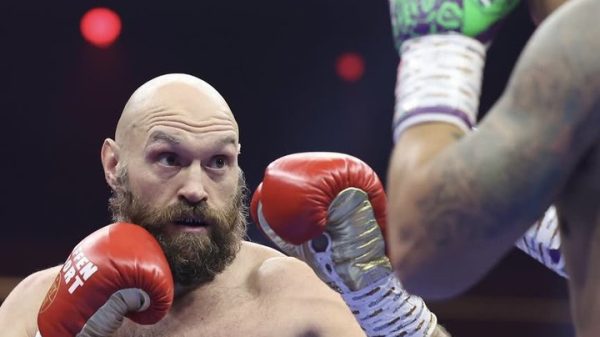
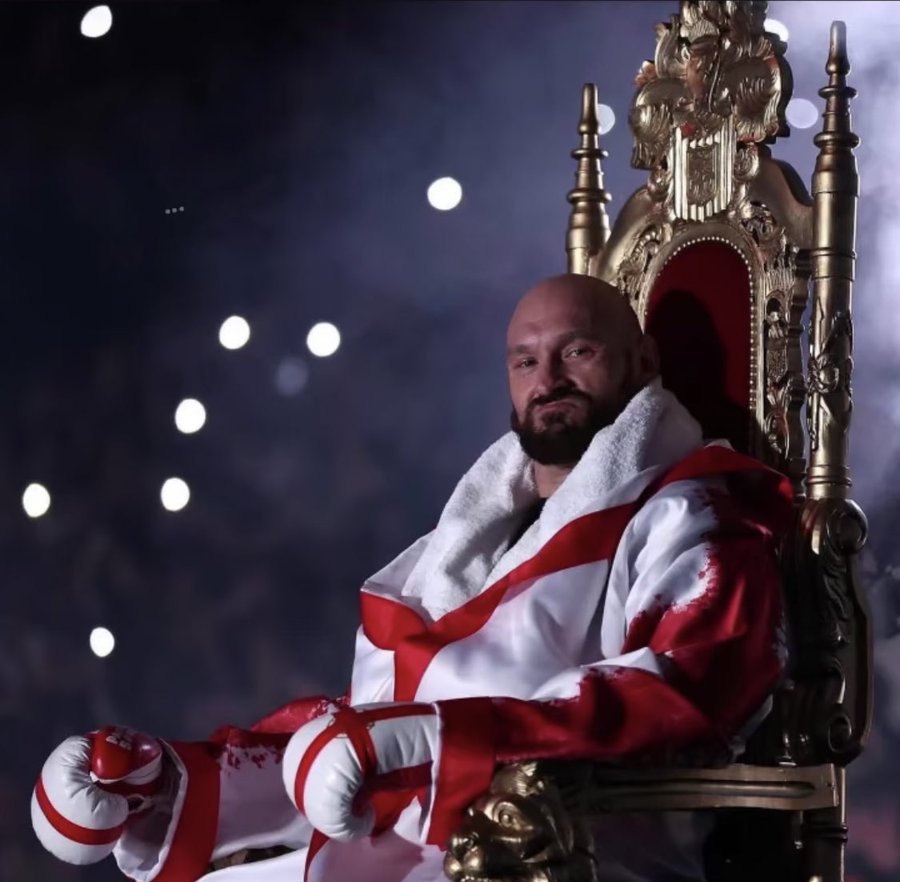
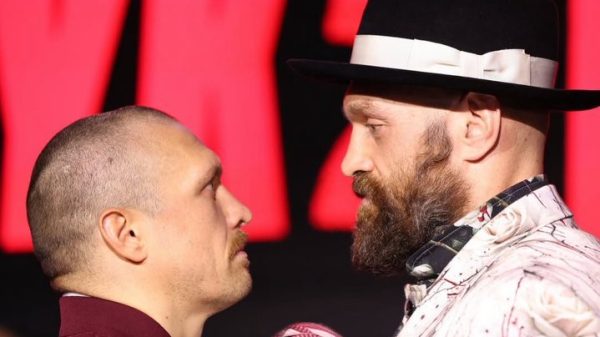
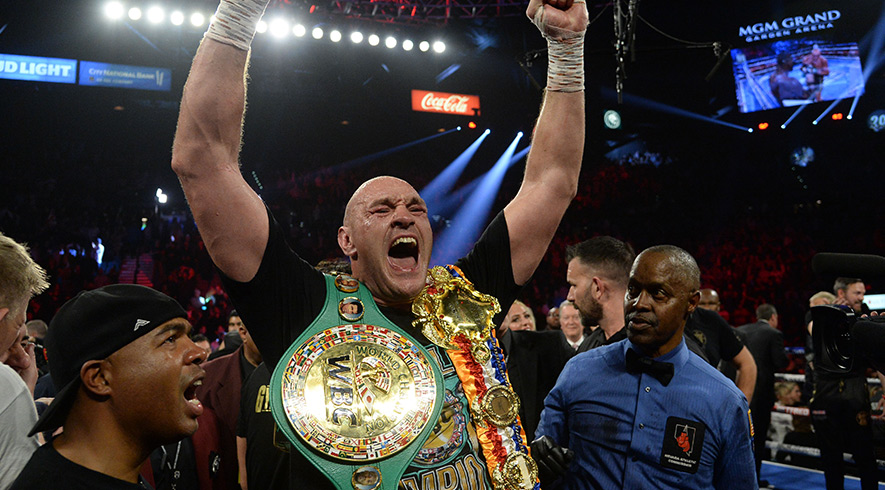


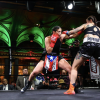

Pingback: Telegram下载